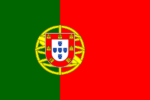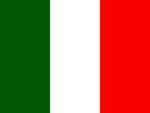What happened points to a greater state weight in the economy in the coming years after decades in which western nations, which control the global economy, ruled out the value of state intervention, he said in a text published on the website of the Organization of Eastern Caribbean States.
For the Antigua and Barbuda ambassador to the United States, these powers preached that the private sector is the driving force for sustainable economic growth and a key source for creating wealth and jobs, «a theory that collapsed in the pandemic.»
He argued that all the governments of the world, including those of the Caribbean Community (Caricom), were the main actors in the health and economic crisis caused by Covid-19, while a good part of the private sector remained in the background.
He noted that in the Caribbean administrations became leaders in investments in health services, the expansion of hospitals and other medical facilities, «a task that will continue in the future.»
In this regard, he underlined the importance of «health sovereignty» to achieve the ability to meet the health needs of citizens in their own country and not abroad.
And he specified: the era of Covid-19, which closed borders and severely restricted air transport, underscores the importance of «sanitary independence».
In the future, governments will have to establish and maintain medical facilities for previously treated conditions abroad, he said.
He also warned that the effects of the pandemic revealed the deficiencies and vulnerabilities of too large a dependency on the private sector, as an engine of growth.
Sanders is also a principal investigator at the Institute for Commonwealth Studies at the University of London and at Massey College at the University of Toronto.
ef/sus/rgh/vc























